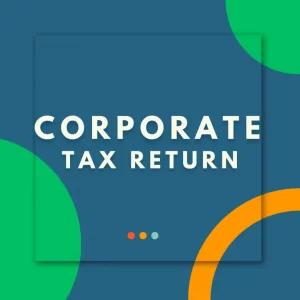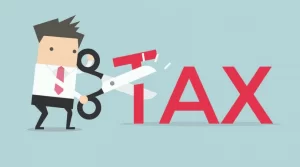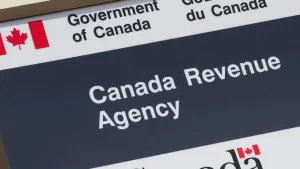This article will discuss five levels of tax planning for small business in Canada. We’ll discuss them in order of risk and complexity.
Contents – Tax Planning for Small Business in Canada
- RRSPs and TFSAs (Level 1)
- Incorporate Your Business (Tax Planning Level 2)
- Corporate Structuring (Tax Planning Level 3)
- Using Insurance (Tax Planning Level 4)
- Tax Havens and Loopholes (Tax Planning Level 5)
RRSPs and TFSAs (Level 1)
The first level of tax planning is fairly common, but still excellent and quite underused.
Business owners can use RRSPs and / or TFSAs to help save money for the future. They are low cost and low risk and any business owner should look at these first if they want to reduce the amount of tax they’re paying.
RRSPs and TFSAs are ingrained into our tax system so are unlikely to be going anywhere in the near future.
Incorporate Your Business (Tax Planning Level 2)
Incorporating your business gives you access to low small business corporate tax rates, which allows you to reinvest funds back into your business and build your wealth.
The chances that the government will remove the benefits of incorporating is pretty small; however the government has curtailed some benefits of income splitting in the last few years.
However, incorporation is a safe and effective tax planning strategy as it aligns well with government objectives, which are to grow the economy through business and employment growth.
The main drawback to incorporating is the additional administrative cost and burden.
Corporate Structuring (Tax Planning Level 3)
The next level of tax planning that we’ll discuss is corporate structuring or the use of holding companies.
Creating a holding company can be a great tax planning strategy to protect and build wealth under certain circumstances.
As with incorporation overall, it’s a pretty low risk strategy. However, as it is more complex, you will face more administrative cost and burden.
Using Insurance (Tax Planning Level 4)
Insurance can be a handy tool for tax planning. However, we’re getting up there in the complexity and risk levels.
The government has made some light indication that they may target health benefits for taxability in the future, but nothing has been brought forward yet.
Life insurance policies already have limitations attached to them around deductibility of premiums. Plus there is always the risk that the government could target them for taxation in the future.
Tax Havens and Loopholes (Tax Planning Level 5)
We are now hitting expert+ level on tax planning and the lines can start to blur towards tax evasion, which is most definitely not legal.
If you have ever had the feeling that the rich play by a different set of rules, then you are probably on the right track.
As quickly as CRA closes loopholes, there are teams of professionals trying to discover and exploit new loopholes within the tax code. This in itself is not illegal and lawyers and other tax professionals are completely within their rights to do so.
Remember that individual circumstances vary, so tailor these strategies to your specific situation for the best results. Get in touch with Abdullah CPA for tailored advise.






